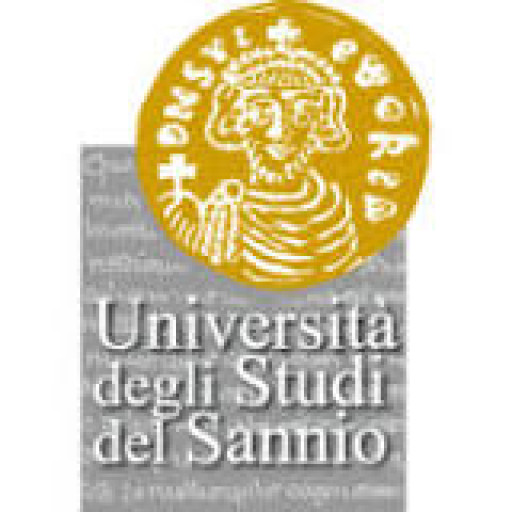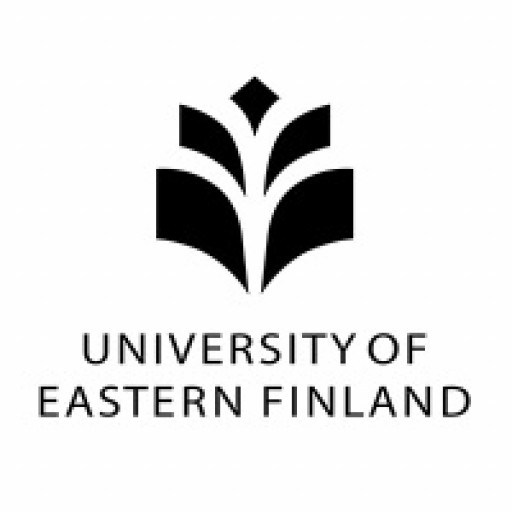Photos of university / #uniofnottingham
The MSc in Counselling at the University of Nottingham is an advanced postgraduate programme designed to equip students with the essential skills, theoretical knowledge, and practical experience necessary for a successful career in counselling. This comprehensive course combines academic rigour with practical application, ensuring graduates are prepared to effectively support individuals facing a wide range of emotional, psychological, and behavioural challenges. Throughout the programme, students will explore core counselling theories and models, develop critical thinking skills, and acquire a deep understanding of human development, diversity, and ethical practice. The MSc is suitable for those seeking to work in mental health services, educational settings, healthcare, or private practice, and provides a solid foundation for further professional registration and development. Delivered through a blend of taught modules, supervised clinical placements, and research projects, the programme fosters a learner-centred approach that emphasizes reflective practice and personal development. Students will also benefit from interaction with experienced practitioners and access to cutting-edge research, ensuring their skills remain current and evidence-based. The MSc in Counselling aims to produce competent, ethical, and compassionate practitioners who can make a meaningful difference in individuals’ lives. Upon graduation, students will be well-equipped to pursue registration with relevant professional bodies and engage in ongoing professional development within the counselling and psychotherapy fields.
The MSc Counselling programme at the University of Nottingham is designed to provide students with comprehensive training in counselling theory, practice, and professional development. Throughout the course, students explore various counselling approaches, including person-centred, psychodynamic, and cognitive-behavioural therapies, enabling them to develop a flexible and client-centred approach to practice. The programme combines academic learning with practical experiences, ensuring students gain essential counselling skills and experiential learning through supervised placements and simulated sessions. Core modules focus on understanding mental health, ethical considerations, mental health legislation, and the importance of self-awareness and reflection in counselling practice. Students are encouraged to critically analyse various therapeutic models and understand their application within different client contexts. The programme also emphasizes the importance of diversity and cultural competence, preparing students to work effectively with clients from a wide range of backgrounds. Teaching methods include workshops, seminars, tutorials, and supervised practice, fostering a supportive environment for professional growth. Assessment methods involve essays, case studies, oral presentations, and reflective journals, which help students consolidate their learning and develop their professional identity. The course is suitable for individuals seeking to become accredited counsellors, or those pursuing further research or careers within mental health services. Graduates will be equipped with the knowledge and skills necessary to work ethically and effectively in diverse counselling settings, including statutory and voluntary sectors. The programme emphasizes ongoing professional development and supports students in gaining relevant clinical experience, working towards regulatory accreditation with professional bodies such as the British Association for Counselling and Psychotherapy (BACP) or the UK Council for Psychotherapy (UKCP). Upon successful completion, students are prepared to enter a range of counselling roles or pursue further academic research, contributing positively to mental health and wellbeing across communities.
Program requirements for the MSc Counselling at the University of Nottingham typically include a combination of academic prerequisites, relevant experience, and language proficiency. Applicants are generally expected to possess a relevant undergraduate degree such as psychology, social work, nursing, education, or a related discipline. In some cases, relevant professional experience in mental health, social care, or related fields may be considered as equivalent to academic qualifications.
Candidates should demonstrate a strong motivation to pursue counselling and possess reflective and interpersonal skills essential for practice. The application process usually involves submitting a completed application form, academic transcripts, a personal statement that outlines their interest in counselling, relevant experience, and career aspirations. References are also required; at least one academic or professional reference that can attest to the applicant’s suitability for postgraduate study.
Proficiency in English is mandatory; typically, a minimum IELTS score of 7.0 overall with at least 6.5 in each component, or equivalent in other recognized English language tests, is required for non-native speakers. Prior experience working with people in a helping or supportive capacity is highly valued, though not always explicitly mandatory.
Applicants may also need to undergo an interview, either in person or via video conferencing, to assess their interpersonal skills, motivation, and understanding of the counselling profession. Some programmes may require a Disclosure and Barring Service (DBS) check to ensure suitability for working with vulnerable populations.
Once admitted, students are expected to complete coursework, practical placements, and supervised practice components as part of the curriculum. Successful completion of all components, including assessments and practice requirements, is necessary to graduate from the program. The course is designed to prepare students for a professional career in counselling, with an emphasis on ethical practice, cultural competence, and evidence-based approaches to mental health support.
The University of Nottingham offers a range of financing options for students enrolled in its counselling programs. Funding opportunities include government-backed loans, scholarships, bursaries, and payment plans designed to make higher education accessible and affordable. For UK students, tuition fee loans are available through the Student Loans Company, which cover the cost of tuition fees and are repayable after graduation based on income levels. International students may encounter different financing arrangements; some may qualify for scholarships or sponsor funding, while others might need to consider private loans or self-funding options.
The university provides numerous scholarships specifically for students in counselling and related fields, which are awarded based on academic merit, financial need, or specific demographic criteria. These scholarships reduce the financial burden and facilitate access to quality education. Bursaries are also available for eligible students to support living costs or other expenses during their studies. Additionally, university-specific bursaries may be offered to postgraduate students to assist with the costs of completing a Master’s or Doctoral research in counselling.
For students interested in part-time work, Nottingham’s city and campus environments host various employment opportunities that are compatible with study schedules. The university’s Careers and Employability Service offers guidance on securing part-time jobs, internships, and volunteering opportunities within the local community and the university itself.
International students should explore scholarships for international applicants and possibly consider external funding sources, including government-specific grants or regulatory aid in their home country. The university also provides financial advice and support services to help students navigate application processes for external funding options.
Payment plans are available at the university, allowing students to spread tuition payments over manageable periods rather than paying in full upfront. These plans are designed to ease the financial burden during the academic year and are subject to eligibility criteria and application procedures.
Overall, the University of Nottingham actively supports students financially through a combination of internal scholarships, government loans, bursaries, and flexible payment options, ensuring that students are able to focus on their studies in counselling without undue financial stress.
The University of Nottingham offers a range of programmes in Counselling, designed to equip students with the essential skills and knowledge to support individuals facing emotional, psychological, and mental health challenges. The courses are structured to provide a comprehensive understanding of human development, counselling theories, ethical practice, and practical counselling skills. Students engage in both theoretical learning and supervised practical placements, which enable them to develop confidence and competence in counselling settings. The programmes typically include modules on communication skills, counselling techniques, mental health issues, diversity and inclusion, and professional ethics. Students are encouraged to develop self-awareness and reflective practice, which are critical components of effective counselling. The university's facilities and experienced faculty members support a conducive learning environment that fosters personal growth and professional development. Graduates of the Counselling programmes are prepared to work in various settings, including healthcare, education, social services, and private practice. The university also emphasizes research and innovation within counselling practice, encouraging students to contribute to the evidence base in mental health and wellbeing. The programmes are designed to meet national standards for counselling training, and after graduation, students may pursue accreditation with relevant professional bodies, such as the British Association for Counselling and Psychotherapy (BACP). Overall, the Counselling programmes at Nottingham aim to produce competent, ethical, and compassionate practitioners who can positively impact individuals and communities.









